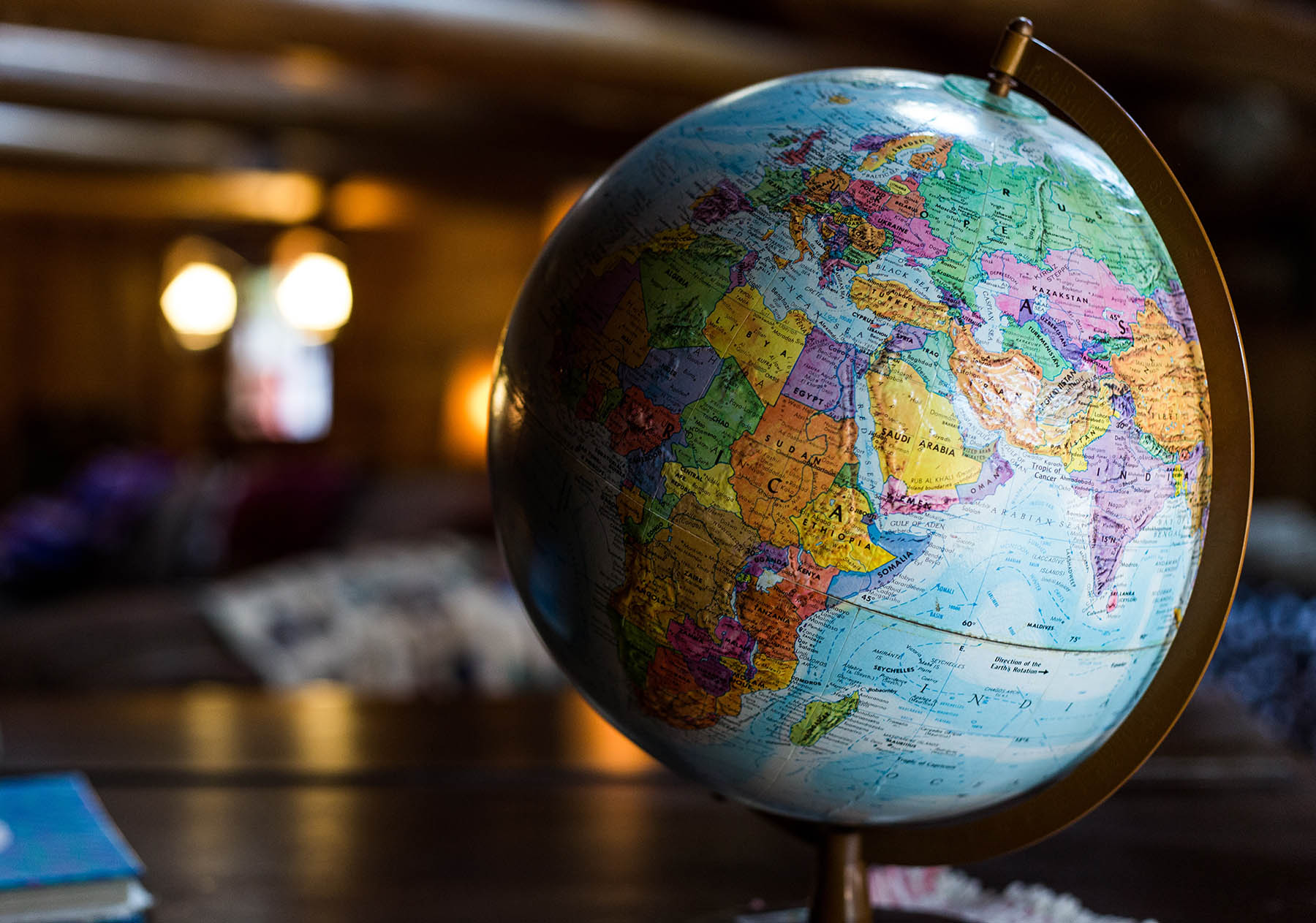
On Monday (Sept. 24), the Chinese-language China Times, ran a series of articles (now behind the China Times paywall) on Taiwanese companies in China focusing on a new wave of Taiwanese investments in second and third tier cities in the north and west. While officials from Taiwan’s cabinet-level Mainland Affairs Commission estimate the total amount of Taiwanese investment at US$150 billion, the China Times gives some interesting statistics on investments by companies listed on Taiwanese exchanges.
- Listed Taiwanese companies with investments in China: 2/3
- Estimated number of Taiwanese SMEs with China investments: 10,000
- China investments by listed Taiwanese companies through Q1: c. US$20 billion
- Listed firm with largest China investments: Nanya Plastics (c. US$822 million)
- Current export dependence on China: 21.58%
- Growth of export dependence on China 1995-2005: 400%
- Stated 2005 profits in China by listed Taiwanese companies: US$2.6 billion
- Stated 2006 profits in China by listed Taiwanese companies: US$1.77 billion
- Profits from Chinese investments remitted back to Taiwan through Q1 2007: US$828.5 million
- Taiwanese companies listed in Hong Kong: 50 (expected to be 60 by end of 2007)
- Taiwanese who reside in China for more than 180 days: 750,000
Another noteworthy figure is the number of Taiwanese residing in China for more than 180 days per year, which the paper puts at 750,000 including dependents. This is a significant number to be sure, but is less than the figure of one million or more frequently reported in the English-language media.
Although Taiwanese businesses operating in China face many of the same challenges as other foreign businesses do and must never be assumed to enjoy the same home court advantages that Chinese firms may have, they can be valuable partners because they speak the language, share a common cultural background, and have experience both in China and often internationally.
It is also worth noting that projects with Taiwanese businesses can be secured with the considerable assets that many have back in Taiwan and where they are subject to a mature legal system and independent courts.

